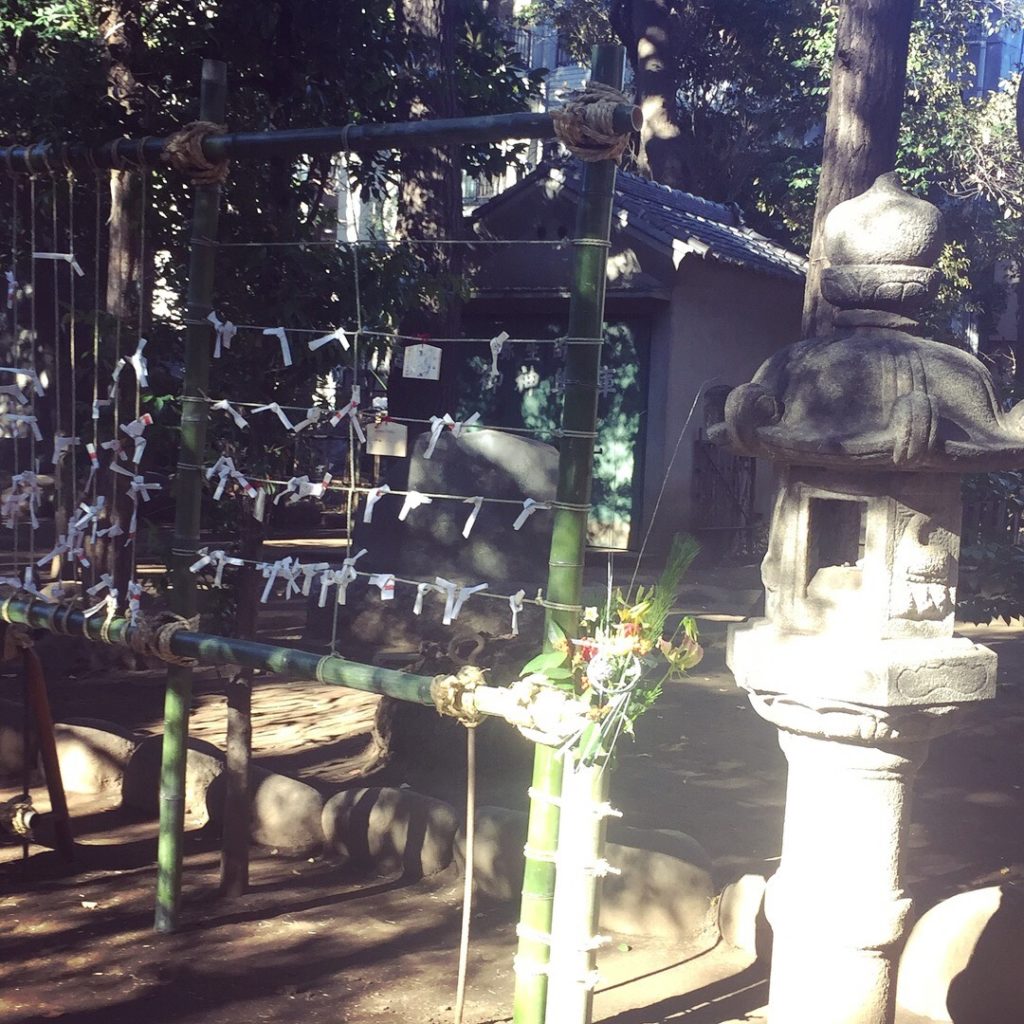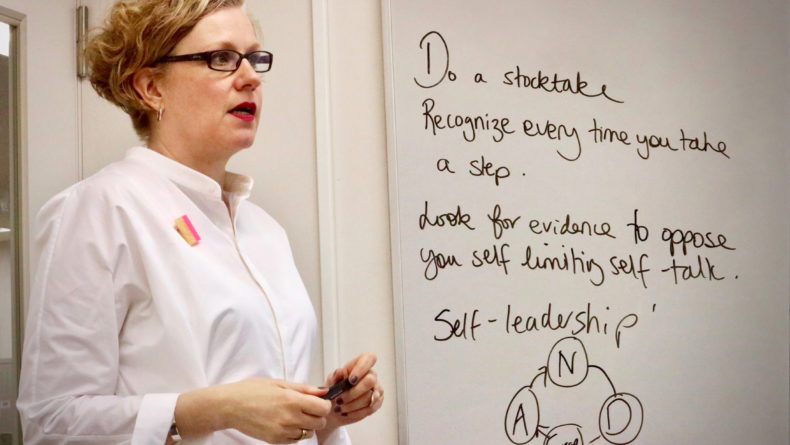Facing The ‘Two-Year Mark’ In Japan: Should I Stay or Should I Go?
Coming To A Fork In The Road As The 2nd Japanniversary approaches
As I reached my second Japanniversary, I started to hear that I should be expecting changes in my life. After speaking to some fellow expats, it turns out I wasn’t the only one going through a turning point at ‘the two year mark’…
Expat life can sometimes feel like an exercise in repetition, especially when you get the same questions every time you go to a gathering.
“Where are you from?”
“Are you an English teacher?”
“How long have you been in Japan?”
When I answer “two years” I get that look immediately.
“We find that most of our teachers stay about two years,” I remember the manager at my old company telling me. “After that they reach a turning point… Some have had their fill of Japan life and leave. The ones who stay get serious.”
I wonder which I am. Two years. Tokyo is definitely no longer a new place, but it doesn’t quite feel like a permanent home either. I feel as if different pathways stretch out before me and they hold a certain gravity. I feel like the choices I make now will shape my life significantly for years to come. For the first time since arriving, things are indeed getting serious.

Cultural adaption: what does the two-year mark mean?
The two-year mark is the conventional wisdom that many expats reach a turning point after two years in Japan. It’s a time when people re-evaluate their priorities and either leave Japan or begin to experience expat life differently. Whether two years is the “average” stay here is difficult to determine but, as the Mainichi Shimbun reports in an article from March 2017, as permanent residents remain a small proportion of the total expat population, it’s fair to assume that most people aren’t sticking around long term.
Tokyo is definitely no longer a new place, but it doesn’t quite feel like a permanent home either.
But why is “two years” significant? According to Lysgaard’s U-Curve of Cultural Adjustment, at 24 months the expat has been through the low point of culture shock and is adjusting well to the host culture. If you have successfully adapted to most of the challenges of living abroad, it makes sense that you begin to have the spare mental energy to make some changes in your life, whether it’s learning more Japanese, changing jobs or making a greater effort to integrate. Alternatively, if you find that daily life is no longer challenging or exciting, you might feel that your Japan adventure has run its course and say farewell.
Digging a bit further, I put a question on experiences with the two-year mark to social media to get perspectives from fellow Japan expat friends.
A time of change and challenge: expats’ thoughts on the two-year mark
After asking expats whether they experienced changes around the two-year mark, I discovered that it is indeed a real turning point for many. One woman is finding that, although she intends to stay, many of her friends are leaving after two years.
“It’s my two year anniversary soon. I agree that around this time you start re-considering things, re-evaluating, re-calibrating, updating your goals and dreams to see if they fit in Japan now. You also lose a lot of friends around this mark that left Japan so you also have to deal with that: try to make other friends or try adapting to life with fewer friends that you are used to.”
There are quieter, deeper pleasures to be gained when you stick around a while.
Multiple expats said that around two years was about the time they became more comfortable in the Japanese society.
“I think I’ve started to let some of the smaller things that originally annoyed me about Japan go, but the big issues (sexism, work culture, xenophobia, lack of acceptance for LGBTQI people, lack of truly helpful mental health services) still bother the hell out of me. I do feel pretty at home here. I think maybe right after the two-year mark I started to feel more relaxed about a lot of things but it was honestly a gradual and complicated process.”
The two-year mark even affects hiring decisions:
“As a business manager supporting our HR, I see a lot of people leave around the two-year mark. So we often try to avoid hiring anyone who hasn’t passed that mark. Once someone passes five years, they are usually either very much on the way out and clear about it, or digging in for the long run. So it is easier to trust that we can retain them.”
And for some, two years represents the danger of being stuck in a rut:
“I think a lot of people stop acting like tourists and can get into a small-scale routine because it’s simple and easy and particularly if you’re working you start feeling more restricted. I still like to go and explore and experience new things, but it’s rarer and more of a conscious effort than when I arrived.”
New pleasures when the excitement fades
Personally, as my two-year Japanniversary came and went, something I began to miss from my early days in Tokyo was the feeling that everything was an adventure. Back in autumn 2015, I could get excited about things that seem mundane to me now, like matcha ice cream, vending machines with hot drinks, and the conversations I had with Pepper, the robot.

When you are new in Japan everything is exciting — even simple things like going to the shrine next door.
But while I miss adventure being so easy to come by, there are new joys from two years onwards. There are quieter, deeper pleasures to be gained when you stick around a while. Friendships growing closer. Conversations in Japanese that are genuinely intellectually stimulating. Opportunities that require some cultural know-how to dig out. Maybe that’s what the two-year mark means to me: making a transition from being a stargazer to becoming an astronomer. I’m not there yet, but I feel that I have at least prepared my telescope.
Overcoming the two-year mark
If your two year anniversary is causing you to re-evaluate your life in Japan, I would encourage you to embrace these thoughts rather than shy away from them. If you choose to leave, I hope your time in Japan stays with you your whole life. If you choose to stay, move forward instead of mourning your honeymoon period. Changing jobs, taking up a new hobby or traveling to a part of Japan you have never been to before can be great ways to get out of a rut.
As a start, here are some exciting events happening this year that can help you see Japan from a different perspective, a few volunteering opportunities in Tokyo to make the most of your free time, and a few ideas of what you can do this year to start and end your year right.
Own your Japanniversary, celebrate your achievements and look forward to where Japan will take you next.
Do you feel that your life changed after the two-year mark? Did you stay or did you leave? If you stayed, what practical solutions would you recommend to others to overcome the “two-year mark”? We would love to hear your thoughts on this stage in the comments.
















Leave a Reply